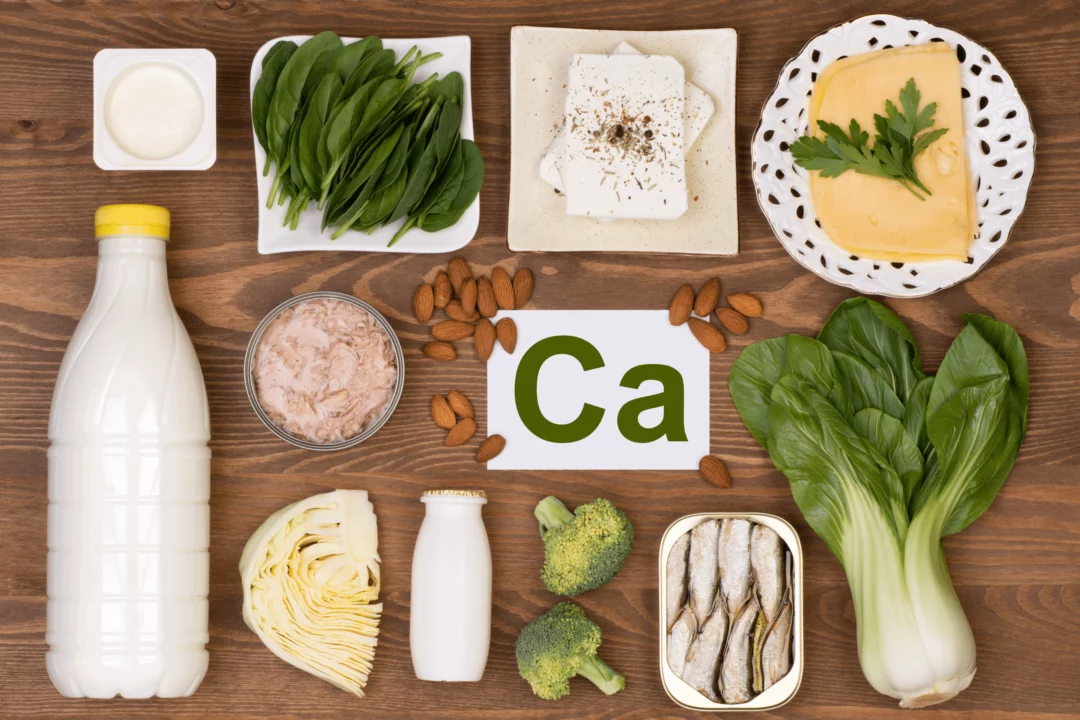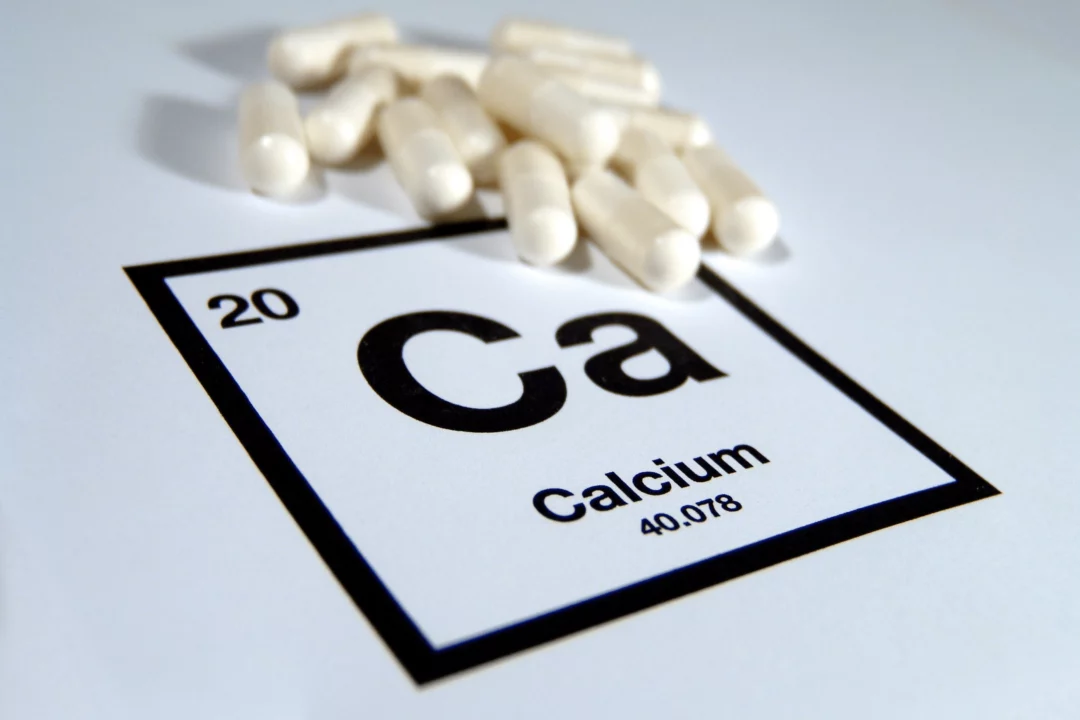
Calcium, along with other substances, is essential for our body. Why is this so? What can cause a calcium deficiency and how can we replenish it in our body?
 Calcium has an impact primarily on the formation and maintenance of bones and teeth and their quality development. In addition, we also need it for regular heart activity and blood circulation, to the activity nerves and muscles and for handover nerve impulsesIt also regenerates heart rate, relieves insomnia and improves the functioning of the nervous system. But it also helps with iron absorption.
Calcium has an impact primarily on the formation and maintenance of bones and teeth and their quality development. In addition, we also need it for regular heart activity and blood circulation, to the activity nerves and muscles and for handover nerve impulsesIt also regenerates heart rate, relieves insomnia and improves the functioning of the nervous system. But it also helps with iron absorption.
Even though physical movement As calcium is consumed, its assimilation and utilization are improved. As a result, a physically active person has less calcium loss than a sedentary person.
Calcium also reduces the harmful effects of lead, cadmium and other toxic substances, reduces the resorption of heavy metals and helps maintain nice appearance.
 A lack of calcium in the body can lead to: softening and thinning of the bonesIf a child lacks calcium, it can also cause: ricketsIn adults, it may occur osteomalacia, which is characterized by bone pain, muscle cramps and a damaged spine.
A lack of calcium in the body can lead to: softening and thinning of the bonesIf a child lacks calcium, it can also cause: ricketsIn adults, it may occur osteomalacia, which is characterized by bone pain, muscle cramps and a damaged spine.
When the body lacks calcium, the body first takes it from from the jaw, then from the ribs, vertebrae and limb bones. Therefore, its deficiency is manifested precisely deteriorated dental condition, starting with increased formation of dental caries, continuing with tooth loss and ending with periodontitis. Another manifestation is then pain and thinning of bones and joints or brittle bones with a tendency to to more frequent fractures.
But that's not all. The calcium that the body takes from the bones is released into the bloodwhere it increases the risk hardening of the arteries at a later age. However, by the time this happens, it is often too late to try to change anything. The solution then is medication. There is also another way, a natural onewhen you help your own body to start healing itself.
Since calcium also affects the nervous system and muscle and heart function, its deficiency can also manifest in these areas. It can also cause nervous and psychological disorders such as neurosis, fatigue, tension, insomnia or anxiety.
On the other hand, the right level of calcium in the body can relieve back and skin pain, help with menstrual cramps, and help children with so-called "growing pains" in the knees and bones.
 Before we talk about what calcium is contained in, it is important to realize one fundamental thing. Namely, we need to not only get calcium into the body, but also arrange for its absorbabilityIt is therefore important to receive it from relevant sources, but also to ensure a supply other minerals and vitamins, which will help us with its absorption and utilization. This includes primarily magnesium, phosphorus and vitamin D.
Before we talk about what calcium is contained in, it is important to realize one fundamental thing. Namely, we need to not only get calcium into the body, but also arrange for its absorbabilityIt is therefore important to receive it from relevant sources, but also to ensure a supply other minerals and vitamins, which will help us with its absorption and utilization. This includes primarily magnesium, phosphorus and vitamin D.
We probably all know that calcium is found mainly in milk and dairy productsHowever, calcium is less easily absorbed from these sources, and therefore it is necessary to ensure the intake of the above-mentioned minerals and vitamins, as well as sufficient exercise and an overall healthy lifestyle.
Most calcium is found in milk and dairy products, oilseed kernels, such as poppy seeds, nuts, almonds, sesame seeds... Also in soy, vegetables, eggs…
So we should eat at least 1 kg per day fruits and vegetables, with a greater share of consumption green parts plants. But we also need enough solar radiation, thanks to which our body gets vitamin D, which, as we have already mentioned, supports the absorption and utilization of calcium.
Not only calcium, but also other minerals are necessary and important for our organism. The reason is that they act in synergy and as a result, they are better absorbed and utilized by our organism. We can supplement them individually or through diet, but we will never achieve mutual synergy and utilization for our organism as in the form of quality food supplements that are available without a prescription. It is precisely thanks to the content of more minerals in the appropriate combination that their absorption and interaction are ideal.
 Foods that, on the contrary, inhibit or prevent good calcium absorption include: fats, oxalic acid, which is contained, for example, in chocolate, rhubarb, nettles and spinach, but also phytic acid contained in grain.
Foods that, on the contrary, inhibit or prevent good calcium absorption include: fats, oxalic acid, which is contained, for example, in chocolate, rhubarb, nettles and spinach, but also phytic acid contained in grain.
Paradoxically, calcium is also blocked by some substances containing bound sulfur, which are found, for example, in in cow's milkLikewise, excessive consumption of dairy products again leads to lack of active calcium in the body. Moreover, this excessive consumption of milk and milk products means excessive consumption protein and a feedback effect on calcium and magnesium needs.
Other big enemies of calcium include: tobacco, alcohol, caffeine, but also sweetened lemonades containing phosphoric acid (which is added to prevent bubbles from escaping). Also salt, some antacids containing aluminum, lack of exercise and lack of sunlight.
And as we have already mentioned, also magnesium deficiencybecause magnesium helps with the utilization of calcium in our body.